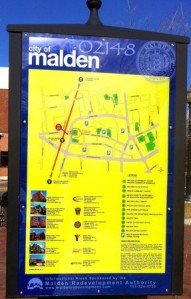 Have you ever been lost in a mall? Or perhaps trying to find the right stop in a subway? Or lost in some giant theme park? If you have, you’ve probably come across one of the ubiquitous “You are here” signs.
Have you ever been lost in a mall? Or perhaps trying to find the right stop in a subway? Or lost in some giant theme park? If you have, you’ve probably come across one of the ubiquitous “You are here” signs.
And they help, right?
If you’ve lost your way, it’s helpful to know where you are so you can figure out where you want to go.
Over the past five hundred years, science has produced a number of astonishing “You are here” signposts for humanity, documenting our position in the universe, putting life in perspective.
In the 1500s, Copernicus struggled to make sense of the confusing motion of planets moving around Earth and, in a stroke of genius, realized there was a simple solution.
Copernicus realized the problem was one of biased perception, as soon as the Sun was placed at the center of the Solar System, the orbit of the planets became roughly circular and much simpler to calculate.
It all seems rather obvious to us today, but think about how counterintuitive this notion is. Five hundred years later, we still talk about sunrise and sunset even though we know it’s Earth that rotates to form a day. Somehow, the concept of a “romantic Earth turn” is not likely to replace the term sunset any time soon.
And science has continued to redefine our view of the universe around us.
Not only does Earth spin on its axis as it orbits the Sun, but the Sun is in motion as well. Our Sun orbits the Milky Way galaxy once every 250 million years. The last time we were “here” dinosaurs were standing in your living room.
And “here” is quite a concept when you stop and consider all it took to get here.
But finding our place on the map doesn’t just stop here with time and space, science has also redefined our place in biology.
Homo sapiens are part of the phylogenetic tree of life, a beautifully intricate, interrelated web of life stemming from a common origin billions of years ago. As Charles Darwin first appreciated, Natural Selection has shaped the evolution of life on Earth, leading to our lives today.
Perhaps a close up of this particular map will help put things in perspective.
Yes, that’s you (and me), right there, sandwiched between Mus musculus and Typhlonectes natans, squished between mice and eels.
Yup, that’s correct, even at this scale we’re still struggling to zoom in close enough to see our closest relatives on the tree of life, the great apes (including chimpanzees and the like). At the top right, you might just be able to make out sagitta elegans, a species of planarian worms barely a millimetre or so in length. We’re all related, far more so than anyone before Darwin dared to imagine.
Knowing our place in both time and space, in biology and in cosmology, is humbling, and yet it also puts us in a remarkably unique position. Of all the species on Earth, only Homo sapiens has the mental accumen to appreciate the wonder of life.
In 1990, Voyager 1 took a photograph of Earth from a distance of six billion miles, or five and a half light-hours away. The original NASA photograph has 640,000 pixels in it, of which Earth comprises 0.12 of a pixel. At that distance, we’re barely a full stop. Inspired by this image, Carl Sagan wrote the following in a book called the Pale Blue Dot.
If you get lost in life, remember the astonishing position you hold in this beautiful universe.
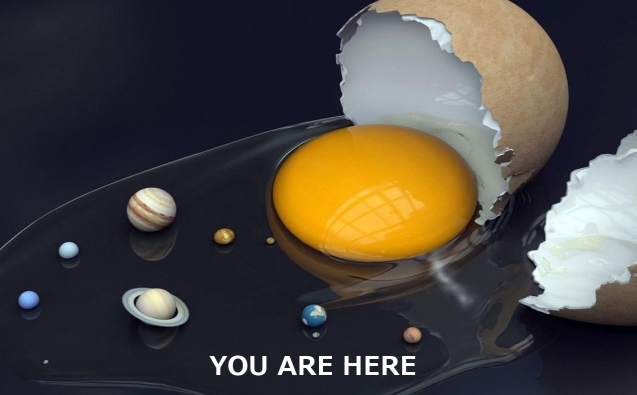
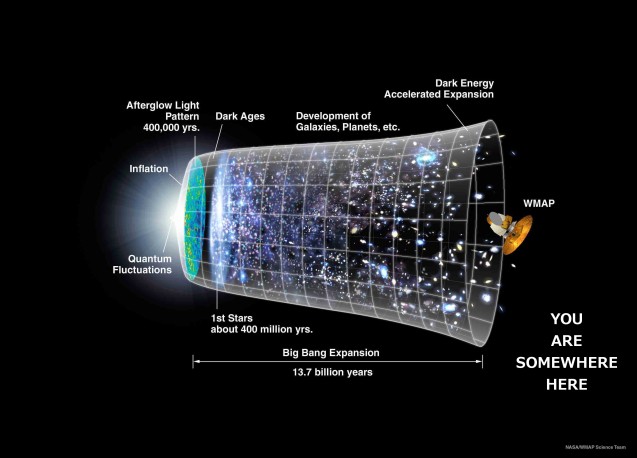
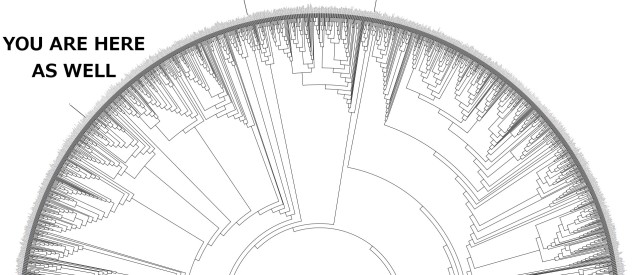
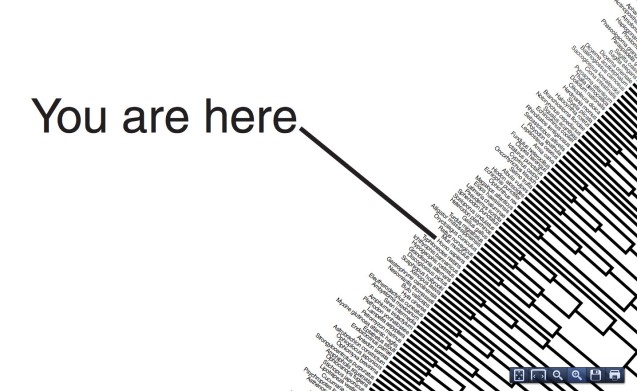
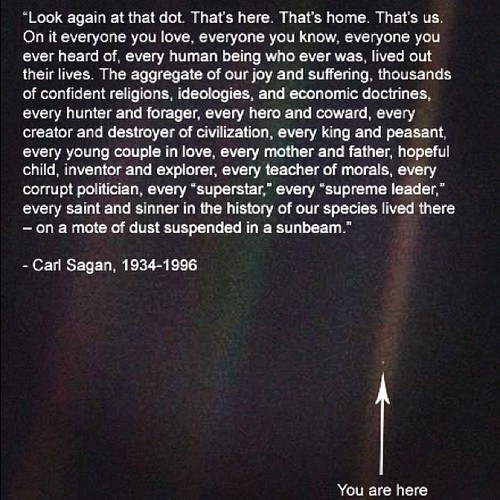
Reblogged this on Adam Piotuch.
Hey, thanks for the reblog
This certainly does put things in perspective. Thank you, Peter.
It’s quite remarkable, really, giving our lives a depth of significance we rarely appreciate.
Thanks for dropping by. Have a good day.
I love the Pale Blue Dot picture. Such a great perspective. And a great post!
To be honest, I can’t imagine any other perspective on Earth and our time here. Ever since I found out how the planets revolve around the sun and that are so many other stars out there just like ours, or even more beautiful (when I was a wide-eyed kid), my viewpoint whooshed out of the near and into the far, and it stayed there ever since. I can’t imagine going through life NOT being aware that we’re specks of self-inquiring dust caught in the maelstrom of a galaxy far grander than we can ever envision.
It scares some people because it seems to make our lives appear insignificant, but I’m with you, I think the opposite. Knowing this makes our lives all the more astonishing and remarkable. As you so aptly put it, we are “self-inquiring dust [particles] caught in the maelstrom of a galaxy far grander than we can ever envision.”
Wow.
Wow indeed…